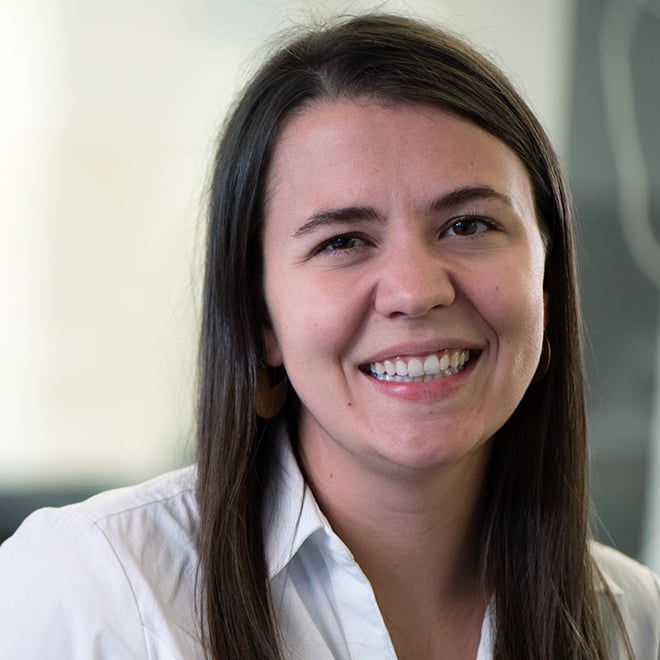From a Talented Learning podcast with the Association of International Certified Professional Accountants
One challenge associations face is providing value to members and member employers. Done right, online learning can help meet this challenge.
As industries change, there is a need for building professional skills. Education today has to be fluid and responsive enough to accommodate a continuing series of “current needs” rather than a predictable set of of future needs.
This was one of the messages, albeit not in those exact words, in the latest episode of the podcast The Talented Learning Show, with host John Leh.
Talented Learning talked with the Association of International Certified Professional Accountants
 The episode “How Are Associations Modernizing Certifications?” features an interview with Arleen Thomas, Managing Director of Chartered Global Management Accountant (CGMA) Offerings at the Association of International Certified Professional Accountants (AICPA).
The episode “How Are Associations Modernizing Certifications?” features an interview with Arleen Thomas, Managing Director of Chartered Global Management Accountant (CGMA) Offerings at the Association of International Certified Professional Accountants (AICPA).
You can listen to the podcast recording here, or continue reading for five quick tips from the podcast.
1. Technology and digitalization require professional skills that go beyond fundamentals.
During the interview, Thomas described how AICPA is meeting the challenge of training financial professionals to deliver value in today’s unprecedentedly complex business environment.
The key goal, of course, is for learners to pass the rigorous exam leading to the prestigious CGMA certification, but that is not the endgame.
The influence that digital technologies have had on transforming “business as usual” for so many organizations is of particular importance.
It is no longer enough for a financial professional to possess a solid grounding in the fundamentals of finance, like cost analysis, financial reporting, communications, and team management.
In Thomas’ words:
“We must embrace the way technology and digitalization are impacting businesses.”
2. Ask customers what they need, don’t guess.
During the interview, Thomas revealed how AICPA has tackled that challenge in the design of their new CGMA certification course.
AICPA did not guess what their customers wanted and needed; they did extensive research, and they asked.
Thomas related:
“You set your business strategy and then you take a ton of time, a ton of research, and a ton of dollars to get aligned with your customer.”
AICPA’s research yielded a significant amount of data about their prospective customers’ wants and needs — the most valuable of which led to uncovering the specific competencies most desired by senior management.
3. Senior management is interested in higher-order skills.
According to Thomas:
“CFOs and controllers told us they demand people who have higher-order skills. They want people who can think, are curious, understand their business, have a seat at the table, are part of the solutions, and are great communicators.”
The CGMA course was designed to develop these higher-order skills in addition to teaching the traditional fundamentals of finance.
4. Learning must be efficient and engaging.
Thomas’ team also conducted substantial research into learner needs and discovered that, for learners, the most important requirement was for their education to be quick, easy, and engaging.
As Thomas put it:
“They just want efficiency. They want each competency into their personal toolkit as efficiently as they can get it. ”
5. Stay close to the customer.
John Leh closed the podcast by asking Thomas for her best advice for those developing similar training:
“Stay close to the customer. We have a tendency to want to think that we’re experts in everything. I think we need to shift our mindset, because their business objectives are shifting very fast. We need to stay so close to them that we can almost anticipate those shifts before they do.”
Extension Engine is proud to have been a partner in the development of the AICPA CGMA course.
We invite you to listen to the entire podcast, and others, at The Talented Learning Show.
Keep Learning
How do nonprofits and associations build successful online learning experiences?


